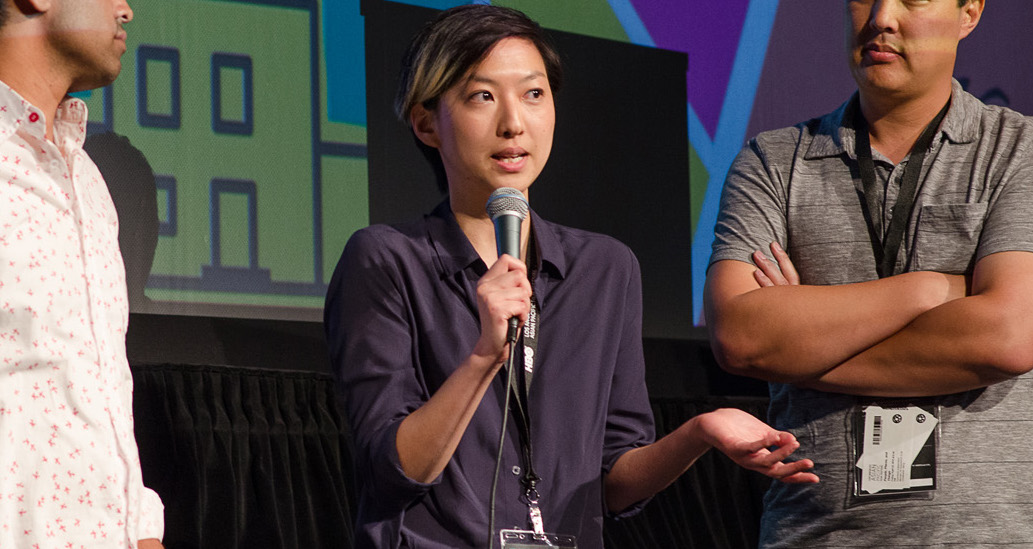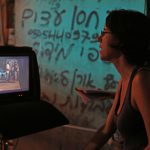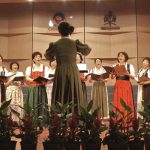By Jessica Duncanson
Vicky Du’s short film Gaysians explores the experiences of LGBTQ children of the Asian diaspora in North America. As a Taiwanese-American filmmaker living in New York herself, Vicky has had a lifelong connection to the film’s theme. Through the stories of various young people, Gaysians allows its audience to understand the specific barriers that these people encounter, as well as the various ways in which they break them down.
Prior to the screening of Gaysians at the London Short Film Festival on January 7th, FilmDoo talks to director Vicky Du.
What was your ultimate motivation when making the piece?
My motivation in making the film was to find the words, language, historical context and experiences to fill in the silences in my own personal relationships with my family. Making the film was a very transformative process for me. I’m hoping that anyone who watches the film will feel some of that.
How did you meet the film’s protagonists?
I met the film’s protagonists largely by emailing queer, API (Asian-Pacific Islander) social/activist/visibility groups in NYC, like SALGA, Q-WAVE and GAPIMNY, and by reaching out to my own personal network. I hadn’t met anyone before interviewing them, but I think the themes of the film really resonated and so everyone was on board to participate. The only person I knew of prior to the film was Alok because of their work with DarkMatter. I was a fan and saw they had just moved to Brooklyn, so I reached out over email.
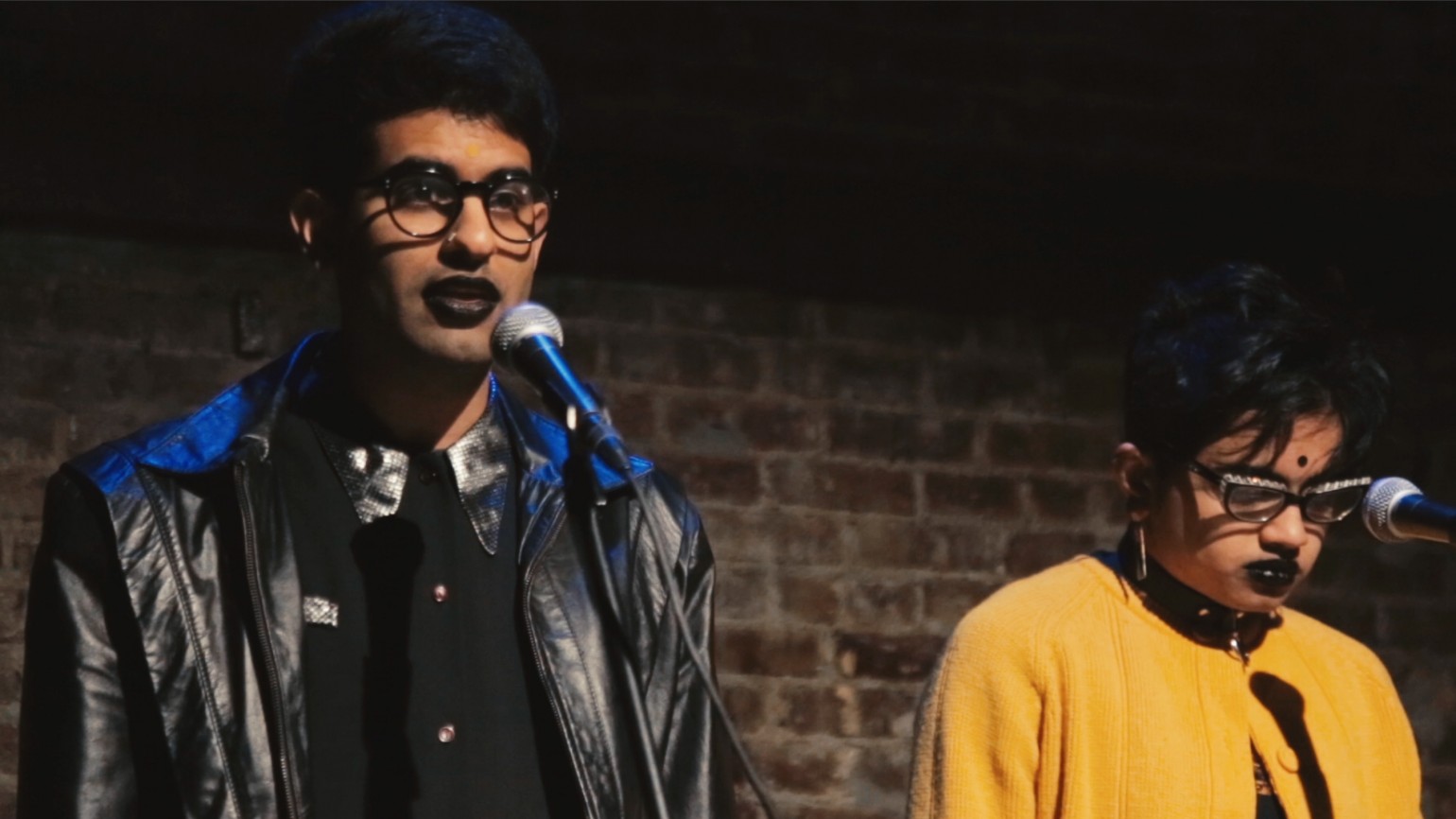
One of the film’s protagonists talks about the issue of vocabulary and the difficulty of expressing certain cultural matters in a different language – is this something you’ve ever experienced yourself and do you have any thoughts on how it can be overcome?
I very bluntly came out to my mother in English when I was 21 and didn’t understand the hell storm of confusion I just unloaded on her. The weight of her personal insecurities, religious insecurities, her very identity as a Chinese person, and her hopes and dreams for her family, all crashed together. Six years later, we’re okay. We’ve had maybe one conversation per year where my sexuality is specifically mentioned – mostly, time has shown that we’re still here and we’re still the same family, so we feel more secure. As to how to overcome language, generation or culture barriers: ask questions, listen, forgive quickly, and be patient.
What are your thoughts on the conflict between acclimation to one culture and the partial loss of familiarity with another?
I think whether or not you assimilate, you need to make choices that help you survive in a place that isn’t your home. Assimilation is another means of survival, but survival takes on many forms. I’m reminded of my aunt in Los Angeles who doesn’t speak a word of English. A task that I find very basic and mundane, like getting a washer/dryer delivered, can trouble her for weeks. But, her cultural and familial roots run way deeper than mine – they’re strengthened by memory, family, recipes, stories, and photos. I have little of that, and so something as arbitrary as my sexuality really threatened my relationships with my family and my cultural identity.
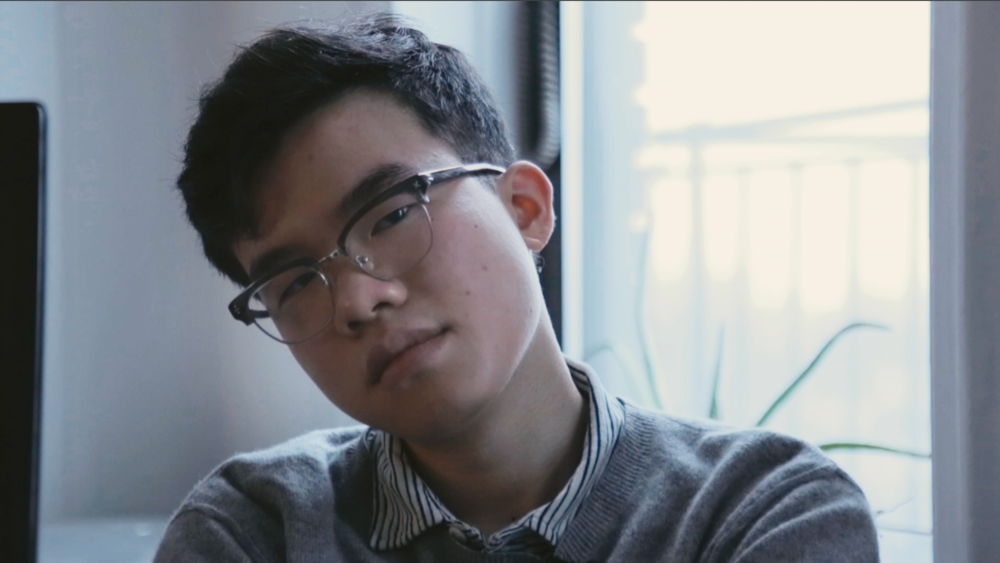
One of the film’s protagonists discusses adopting the role of social justice activist when non-American parents will not listen to white American activists discussing similar issues. Is this something of particular interest to you?
In the film, Alok says “doing the work of translation is actually radical racial justice for our people” – I really believe that. I straddle two worlds, and I can be an empathetic locus where those two worlds meet. It’s a daily responsibility and challenge, but I’ve had my most enriching lessons and experiences in that space.
Are you currently working on any new projects?
I’m currently in production on my first feature doc! I’m following various members of one family (my own) that was displaced by war in China several decades ago. The film is all about the common fears, struggles and anxieties of the entire Chinese diaspora and holding onto an idea of home that no longer exists.
Gaysians screens at the London Short Film Festival on January 7th as part of the New Queer Visions strand, “˜Roots Manoeuvre’. Find more info here.
Find more Documentaries here.
Featured image from LA Asian Pacific Film Festival/Priscilla Tan.

